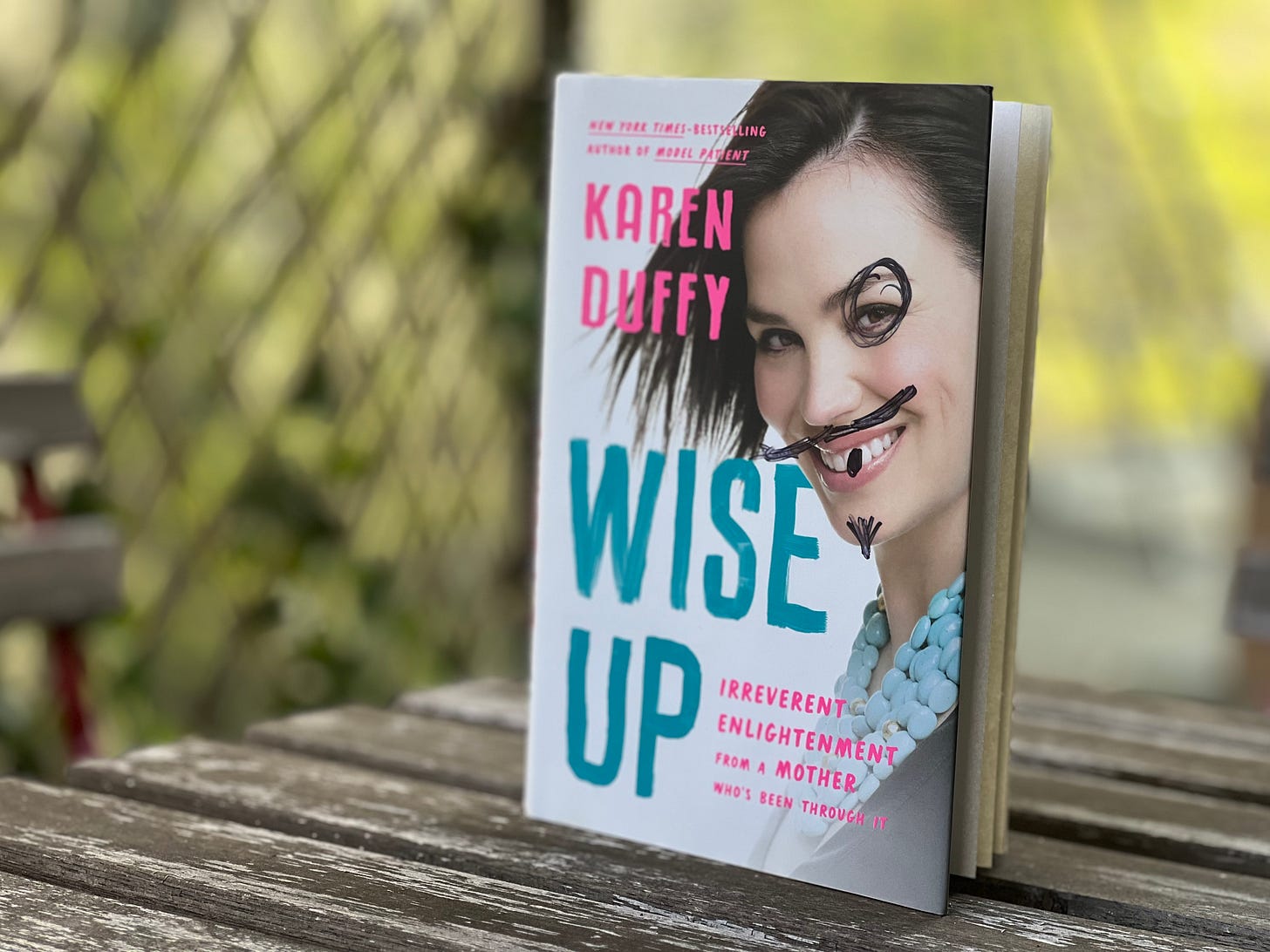Duff Love
Karen Duffy, who has steadfastly refused to let the chronic pain of sarcoidosis rule her life, finds strength, comfort, gratitude, and love in the wisdom of the Stoics
Let me tell you what I know about Karen Duffy. Aka “Duff.” Aka one of the strongest, most resilient, and laugh-out-loud funny women I know.
But first, some background.
For those of us who came of age in the MTV era, Duff was our muse: the cool girl, the it girl, the young woman with…
Keep reading with a 7-day free trial
Subscribe to Ladyparts to keep reading this post and get 7 days of free access to the full post archives.





